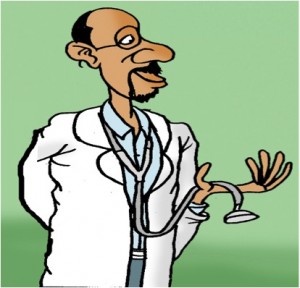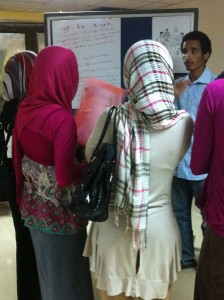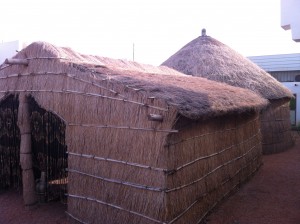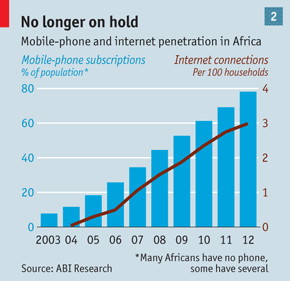If ever there is a great justification for starting a Knowledge Management (KM) programme then the title quote from an interview with John McQuary encapsulates it. KM works when client proposals or solutions draw on the collective wisdom of an organisation.
It’s one of many superb quotes and stories, from the series of research interviews conducted with global practitioners: from Colombia to Australia by way of USA, Canada, UK, France, Belgium, Malaysia and Singapore, for the forthcoming book Patricia Eng and I are co-authoring. In all 18 interviews and more than 40 hours of audio material on KM in Energy, Shipping, Nuclear, Financial Services, Military, Engineering Services, Aviation, Health, Consulting, Manufacturing, Education, Food and Regulatory.
Patricia, who was previously Head of Knowledge Management at US Nuclear Regulatory Commission, and my task is now to turn the material collected into, in her words:
” The book I wish I’d had when I started”
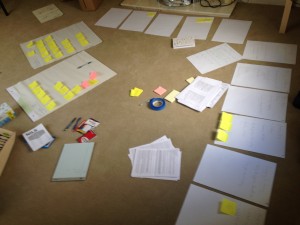
Which is why she and I spent time in Henley-on-Thames last week analysing what we’d heard in the interviews.
Let me take a step back.
It all began when:
I met Patricia in 2014 while I was chairing KMUK and she was a guest speaker describing the KM programme she’d set up and run for the organisation that oversees the US Nuclear industry. Learning from near misses and from good practices while improving the way ‘newbies’ are inducted into the business had saved her organisation an estimated US$37 million while she was at the helm of the programme.
About the same time I was running Masterclasses on Effective Knowledge Capture and Retention and seeing real interest from organisations who’d recognised the potential risk of knowledge loss from merging, downsizing and retirements or as a result of having specialist skills resident in a small number of individuals only.
After exchanging ideas post conference we felt we had sufficient synergy to begin collaborating on a book focused on “Proven Knowledge Capture & Retention: Between Theory & Practice.”
Though our combined experience is approaching 80 years of business with a significant slug in KM and related activities we wanted to draw on the experiences of great practitioners.
Establishing criteria / identifying interviewees:
We agreed it was important to approach people who’d actually done it and got their hands dirty: who experienced highs and lows and maybe also seen their programmes wither on the vine after they or their sponsor left.
We knew many global practitioners, from chairing and speaking at/ attending KM related events but we wanted to spread the net wider than our own sphere of influence so in effect conducted a virtual “Peer Assist’ with senior global KM’ers and these are the criteria we set for selecting interviewees:
- A KM professional that actually built a KM program for an organization they worked in, as opposed to a consultant who was brought in to work on a KM program and then left.
- Have spent at least 2 years on the programme.
- Primary person responsible for the KM programme – interfaces with executives
- Can point to a clear ROI, e.g., productivity or monetary
- A KM professional who can speak to what constituted the ROI:
Our thanks go to Patrick Lambe, David Gurteen, David Williams, Karuna Ramanathan, Shawn Callahan and Chris Collison for their recommendations.
Setting up the interviews, thinking about the questions:
In my Masterclasses I always stress how important the interview set up is. Apart from thinking about the where its always vital to give the prospective interviewee time to think about the answers and to tell them what the process is. Here’s the questions we asked:
- Tell me about the circumstances and the drivers behind the original knowledge retention programme and who was involved?
- How did you go about determining what knowledge to try and capture/retain?
- Give me a brief snapshot of how you went about capturing it.
- What was the biggest challenge you had to overcome?
- How did you convince your management to go for it? ‘Business Case?’
- What difference do you think it made to your organisation? What was the actual return on investment?
- Is there a particular highlight you remember?
- Having done this if you had to do this over again what would you do differently?
- And finally what would you tell someone about to set out on a programme to capture and retain knowledge?
We also added:
- If there is one book you felt helped or inspired you what would it be?
Conducting and recording the interviews:
We had a list which grew from 12 to 18. Patricia volunteered to do the interviews (she is good at it) as we felt continuity in style was important.
We thought about using technology to help with the cataloguing and analysis. Instead we agreed not to transcribe verbatim but to each listen to the interview and make our own notes / key points which we’d discuss face to face in January 2016.
We learned a lot (remembered a lot) about the importance of having technology back ups and also that many corporates don’t allow Skype. We found that taping the conversation proved good enough for us to listen to and that DropBox was an effective and secure storage vehicle for the tapes.
Analysing & Sensemaking:
And so last week we found ourselves awash with flip charts, postit note, and marker pens. By Friday evening we had a structure for the chapters of the book and a pretty good idea of the examples, stories and quotes that would fill them. Here’s a snapshot of how we went about organising the material:
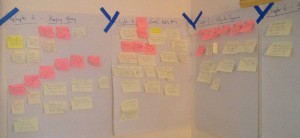
What I found interesting, the varying drivers for starting KM across the interview base. Most were due to Risk, a lot were down to Innovation & Process Improvement, some were as a result of the CEO’s Vision and a couple because of Regulatory or Audit findings and a call to action.
And finally:
With an outline (and publisher) in place we can now set about writing to meet the deadline of having a good manuscript that does justice to the insights provided by the interviewees (e.g. KM Bonus Points, ‘Knowvember’ Award, Rock Lite, Adaptive Case Management, XpressoX, ‘Pick a Problem’, SME Protoge Program…) ready before the summer.

